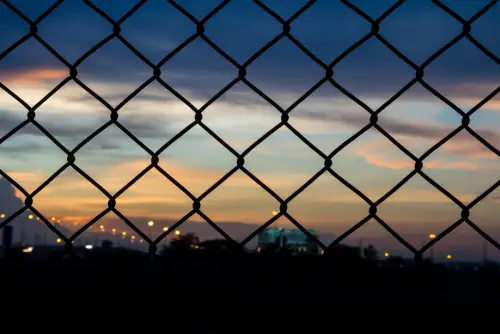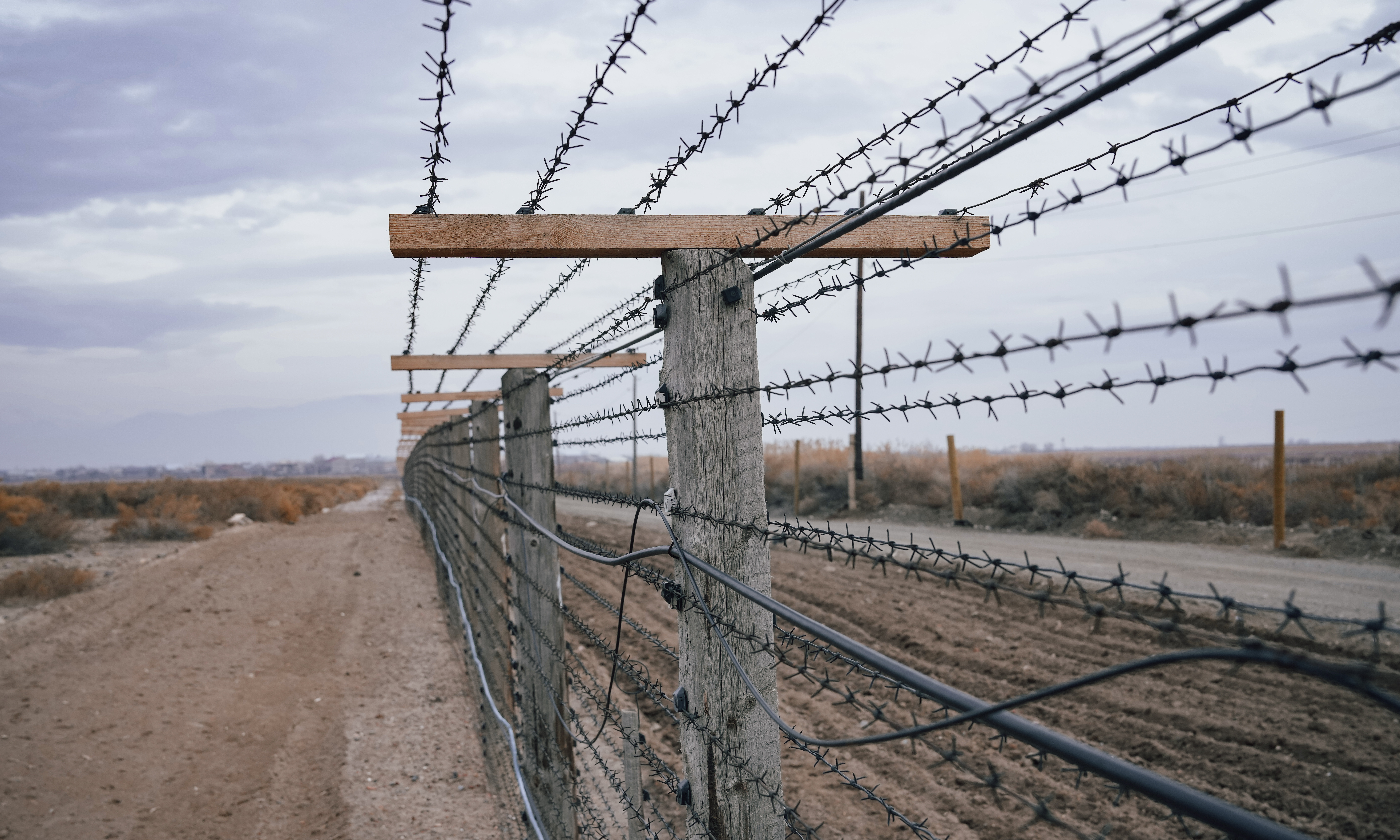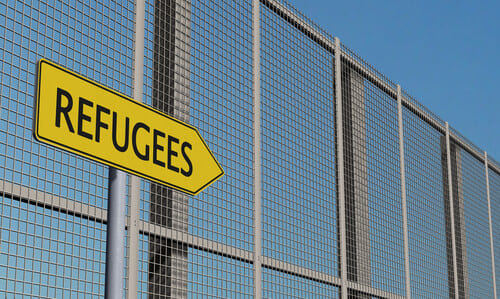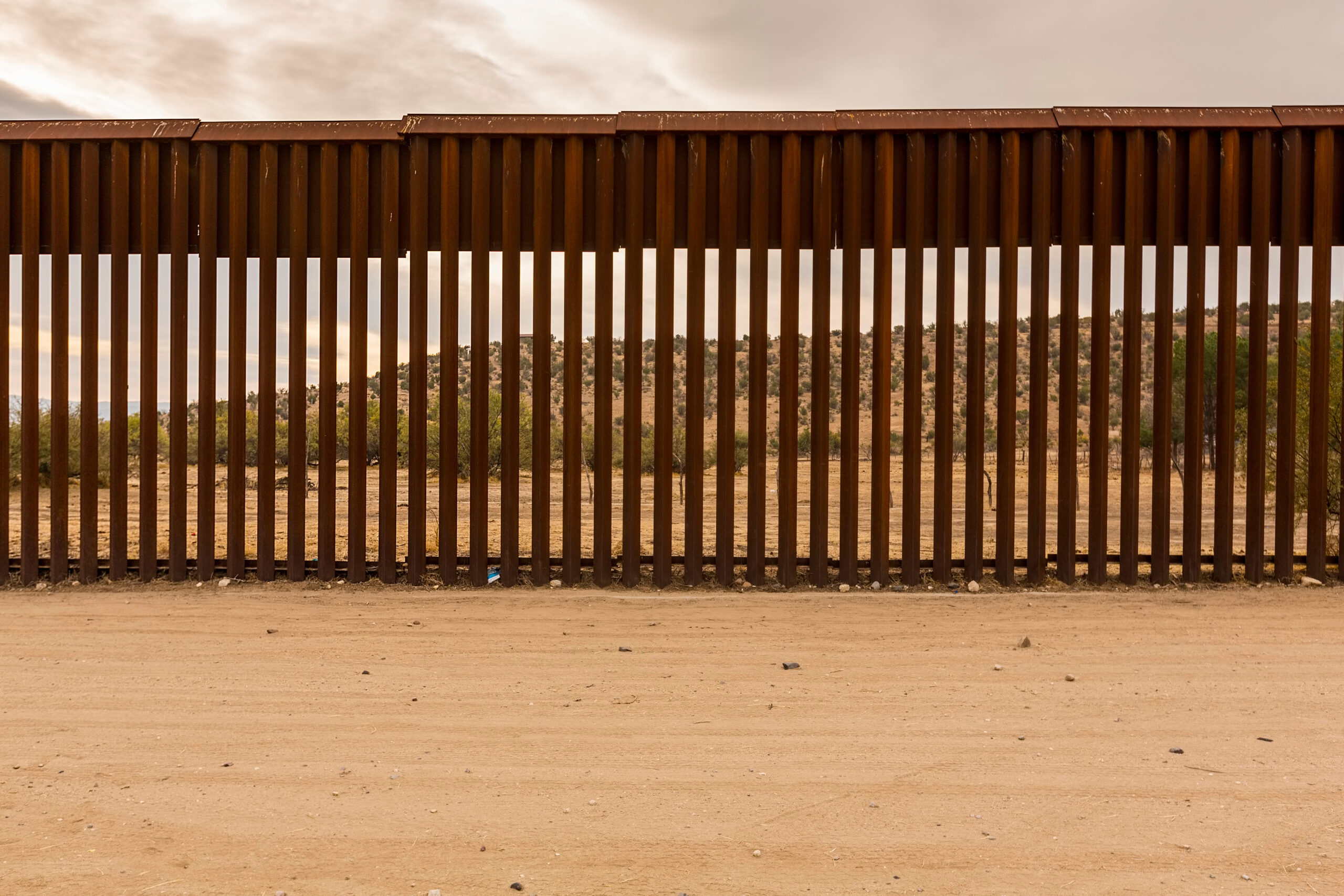 After nearly 20 years of a presence in Afghanistan, U.S. troops were completely withdrawn from the country under President Trump’s oversight, though the process was completed during President Biden’s first term. However, at the time of the withdrawal’s completion, the Afghan government was overtaken by the Taliban, creating a crisis for the citizens who lived there.
After nearly 20 years of a presence in Afghanistan, U.S. troops were completely withdrawn from the country under President Trump’s oversight, though the process was completed during President Biden’s first term. However, at the time of the withdrawal’s completion, the Afghan government was overtaken by the Taliban, creating a crisis for the citizens who lived there.
In fact, nearly half a million Afghan citizens had already been displaced due to the fighting between the government and Taliban factions.
Once the Afghan government fell to the Taliban, tens of thousands of citizens flocked to the airport in Kabul, hoping to find safety or even a way to escape the terrible political situation. However, prospects were bleak for most of the citizens who had nowhere to go and a lack of financial resources to buy their way to safety.
Given the extensive knowledge of the Taliban’s behavior, the citizens of Afghanistan hoped to find refuge in other countries. However, these refugees are finding it difficult to find help, especially from Western nations.
Response to the Afghan Refugee Crisis from Western Nations
Even though the refugee situation in Afghanistan is bleak, the response from Western nations has been limited, at best, as detailed in a 2021 report by VOA news. Canada vowed to take in 20,000 refugees who had been threatened by the Taliban, making a small dent in the millions of Afghans seeking refuge, though it did not put forth a timeline for their plan. Similarly, the British government has committed to taking in 20,000 refugees, allowing about 5,000 refugees to enter each year for five years.
The United States has a visa program in place called the SIV, or Special Immigrant Visa that allows Afghans and Iraqis who have worked for the embassy or military to gain entry into the U.S. Under that program, Congress voted to allow an additional 8,000 refugees entry, resulting in the United States taking in around 35,000 Afghan immigrants since 2014. However, there have been reports that this system was backlogged before the additional refugees were approved, and no official timeline has been released.
According to immigration attorney Deepak Ahluwalia, “the United States government…really only had the SIV visa,” which means that unless refugees were able to meet the specific criteria set forth for SIV visas, there would not be any help available to them from the United States.
Where Else Can Refugees Turn for Help?
Other countries have also started capping the number of refugees they are willing to take in. Pakistan, which borders Afghanistan, is reinforcing border walls and has declared that they have taken in all the refugees it can. According to registration documents reviewed by VOA, there are about 1.4 million registered Afghan refugees living in Pakistan, but there may be as many as 1.6 additional refugees living there unregistered.
Iran has made settlement camps for refugees in three regions that border Afghanistan, with the understanding that these camps are temporary and that the refugees will return to Afghanistan when the situation improves. It is estimated that almost 800,000 refugees are living in these camps.
India will offer any refugee who makes it to the country a six-month visa, which is now open to all citizens of Afghanistan, even though the offer was originally only offered to Hindu and Sikh residents who were being targeted by the Taliban.
Afghan Refugees Want a Safe Place to Live Without Threat of Persecution by the Taliban
Even though the situation in Afghanistan is dynamic, the assistance offered to the refugees has changed very little from the onset of Taliban rule. Unless the residents qualify under the SIV program, there really is not much that the United States is willing to do for those seeking refuge in this country.
Immigration attorney Deepak Ahluwalia sees evidence of this regularly. He reports getting numerous emails from refugees asking if he can help, and unless the United States government changes its policies, unfortunately, his answer has to be, “I can’t.”
If you have any immigration questions or concerns, please feel free to reach out to Singh Ahluwalia, Attorneys at Law. Our experienced immigration attorneys are committed to fighting for you and want to give you the best possible chance of realizing your dreams.
Call (559) 878-4958 or contact us online to schedule your confidential, no-obligation case review.









